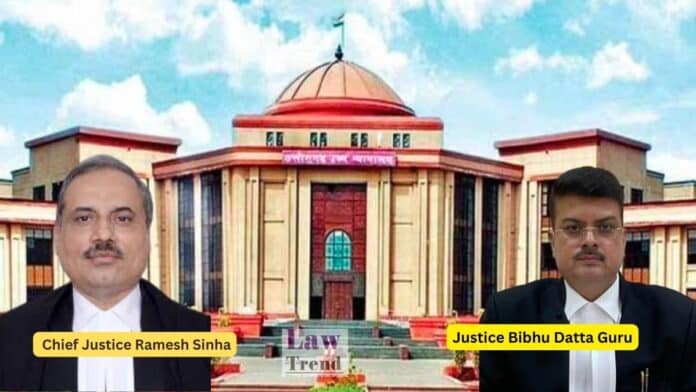In a recent judgment, the Chhattisgarh High Court has taken a critical stance on the ongoing issue of illegal mining in the state, questioning the efficacy of penalties as a deterrent without substantial action to curb these activities. This decision, delivered by Chief Justice Ramesh Sinha and Justice Bibhu Datta Guru, underscores the need for
To Read More Please Subscribe to VIP Membership for Unlimited Access to All the Articles, Download Available Copies of Judgments/Order, Acess to Central/State Bare Acts, Advertisement Free Content, Access to More than 4000 Legal Drafts( Readymade Editable Formats of Suits, Petitions, Writs, Legal Notices, Divorce Petitions, 138 Notices, Bail Applications etc.) in Hindi and English.




